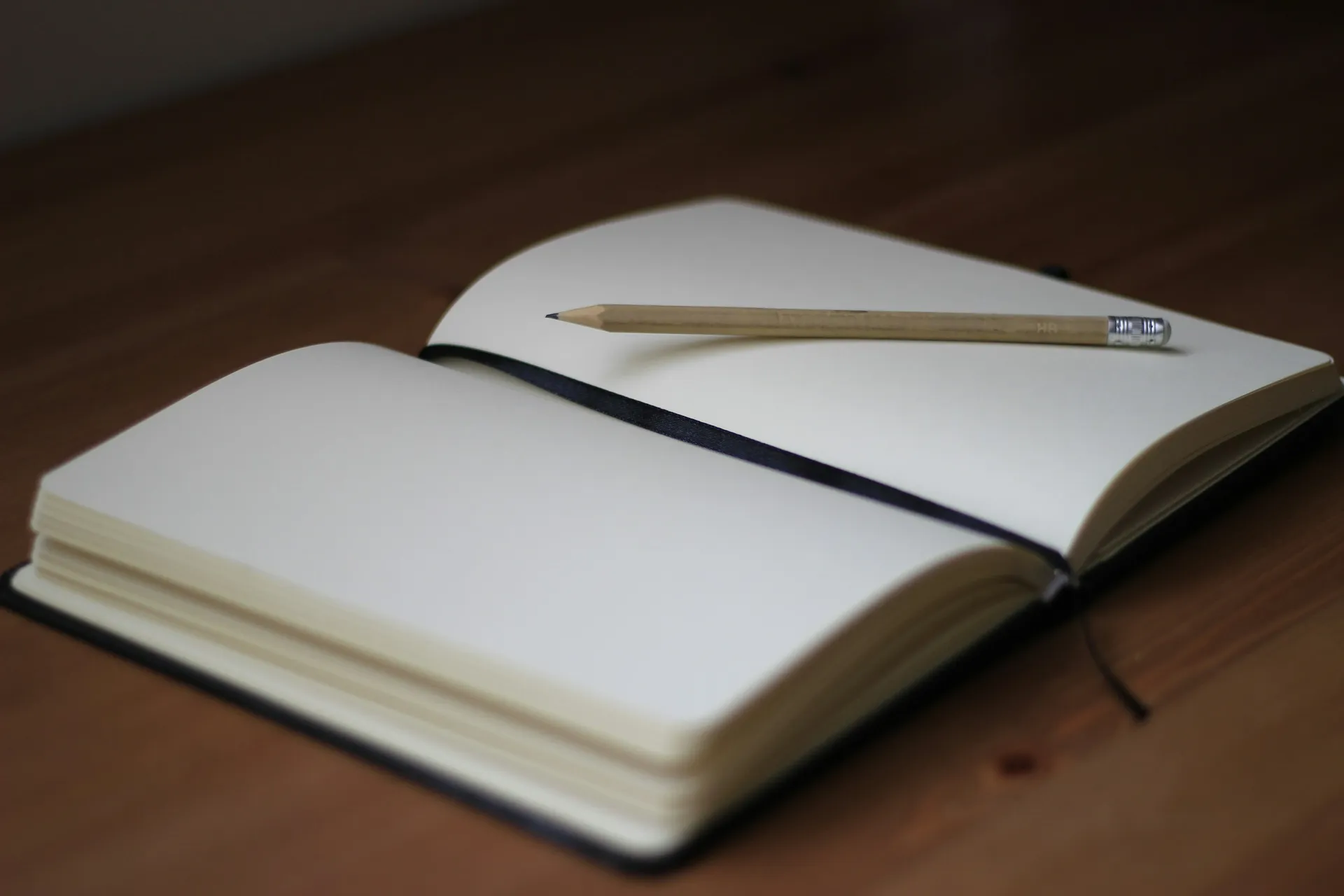The Benefits of Journaling for Mental Health

In May 1944, a young girl wrote in her diary: "Paper has more patience than people." That girl was Anne Frank, and her journal would become one of the most powerful testimonies to the human spirit's resilience. Like Anne, countless individuals throughout history have turned to journaling as a faithful companion in times of both triumph and tribulation.
"I can shake off everything as I write; my sorrows disappear, my courage is reborn." - Anne Frank
A Journey Through Time: The Historical Power of Journaling
From Marcus Aurelius's philosophical reflections to Virginia Woolf's introspective diaries, journaling has served as both mirror and window to the human experience. Leonardo da Vinci filled thousands of pages with his observations, sketches, and inner thoughts—a practice that not only documented his genius but also helped refine it.
Frida Kahlo's diary, filled with vibrant illustrations and raw emotional honesty, became a testament to how journaling can transform pain into art. Through her pages, she processed physical suffering and emotional turmoil, creating a sacred space where vulnerability became strength.
"Nothing is more real than the masks we make to show each other who we are." - Frida Kahlo
The Science of Self-Reflection
Modern research has caught up with what these historical figures intuited. Dr. James Pennebaker's groundbreaking studies at the University of Texas revealed that regular expressive writing can strengthen immune cells called T-lymphocytes. His research participants who wrote about traumatic experiences showed improved physical and mental health outcomes compared to those who wrote about superficial topics.
The simple act of putting pen to paper creates a bridge between our conscious and unconscious minds, allowing us to process experiences in ways that mere thinking cannot achieve.
Begin Your Journey with Us
Our therapists can help you develop a meaningful journaling practice that honors your unique story and supports your healing journey. Contact us to learn how therapeutic writing can become part of your path to wellness.
Modern Voices: Contemporary Journaling
Michelle Obama has spoken about how journaling helped her navigate the pressures of being First Lady and maintain her sense of self. "Writing became the way I could work through my own struggles and find clarity," she shared in her memoir "Becoming."
Lady Gaga, known for her advocacy in mental health, credits journaling as a crucial tool in managing her PTSD and chronic pain. Her Born This Way Foundation encourages young people to use journaling as a means of self-discovery and emotional regulation.
"In today's rush, we all think too much, seek too much, want too much, and forget about the joy of just being." - Eckhart Tolle
The Sacred Space of Writing
When we open our journals, we create a sanctuary where our thoughts can roam freely, unbound by judgment or expectation. It's a space where we can be entirely ourselves—messy, contradictory, and beautifully human. As Maya Angelou once said, "There is no greater agony than bearing an untold story inside you."
Whether you choose to write in elegant prose like Virginia Woolf or sketch your thoughts like da Vinci, remember that your journal is a reflection of your unique journey. It's not about perfection—it's about presence, process, and the courage to engage with your own story.
Further Reading:
- Frank, A. (1995). The Diary of a Young Girl: The Definitive Edition
- Woolf, V. (1953). A Writer's Diary: Being Extracts from the Diary of Virginia Woolf
- Kahlo, F. (1995). The Diary of Frida Kahlo: An Intimate Self-Portrait
- Pennebaker, J. W. (2004). Writing to Heal: A Guided Journal for Recovering from Trauma & Emotional Upheaval